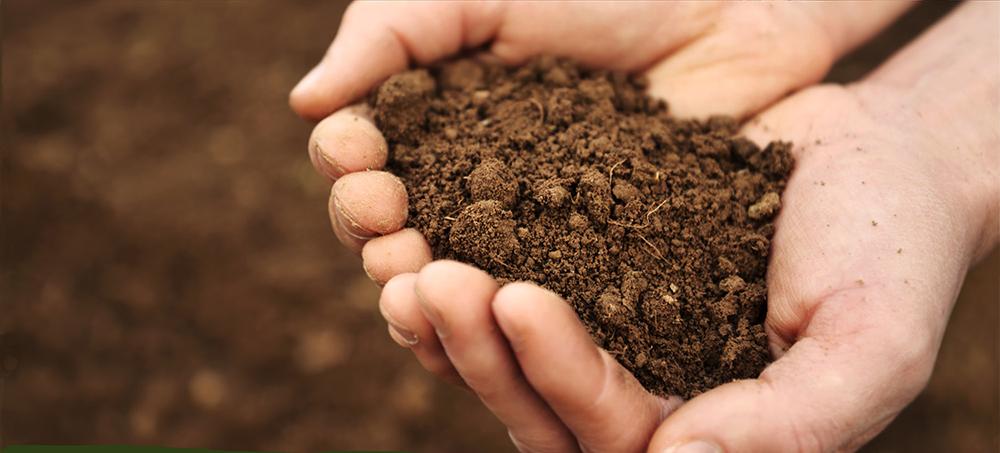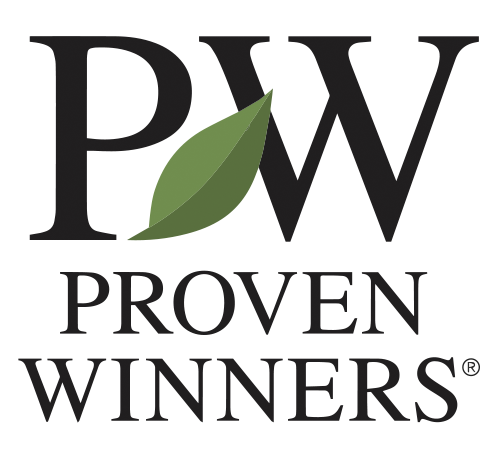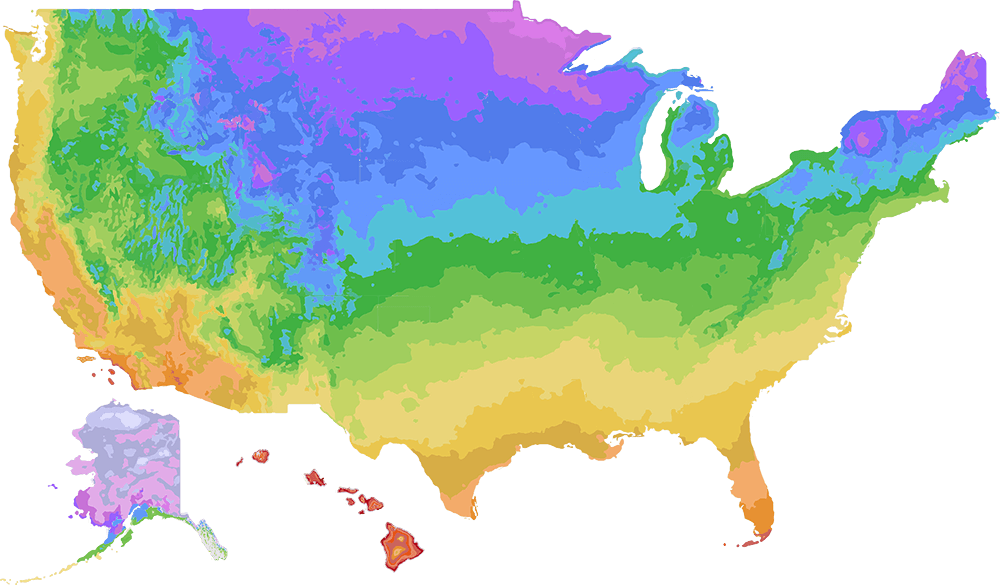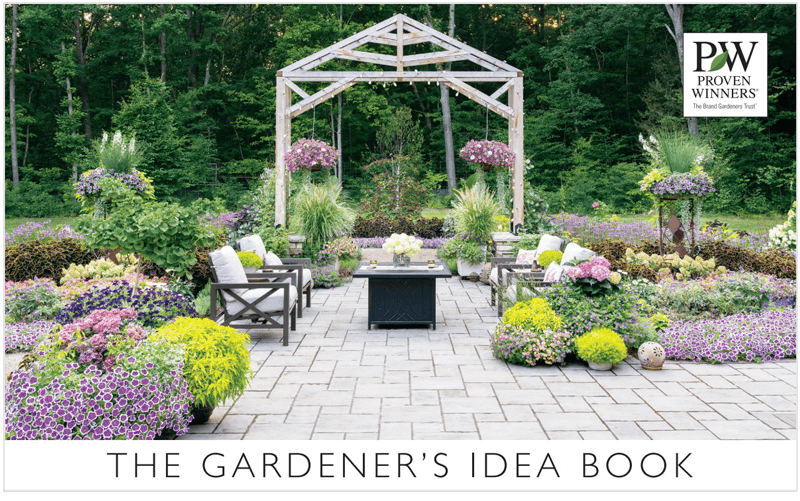Soil: Love the one you're with
Soil is the foundation of a healthy garden, and knowing your soil type is essential for improving your soil health and arming you will the primary knowledge required to choose the right plants.

There are 3 main types of garden soil found in the ground:
Clay soil: Clay soil is dense and heavy, with small particles that stick together tightly. It holds water and nutrients well, but it can also be poorly drained.
Sandy soil: Sandy soil is light and loose, with large particles that don't stick together well. It drains well, but it doesn't hold water or nutrients well.
Loam soil: Loam soil is a mix of clay, sand, and silt particles. It has the best properties of all three soil types: it holds water and nutrients well, and it drains well. Loam soil is considered to be the ideal soil for gardening.
Most garden soils are a mix of two or more of these basic soil types. For example, sandy loam soil is a mix of sand and loam soil. Clayey loam soil is a mix of clay and loam soil.
To determine the type of soil in your garden, you can do a simple mason jar test. To determine the proportions of sand, silt, and clay in your soil, follow these steps below.
To test soil texture using a mason jar, start by filling the jar 1/3 of the way full of well-sifted soil. Add water to almost the top of the jar and some dish soap. Then shake the mixture up and let it sit for a few hours. The soil/water mixture settles on this order: sand will settle at the bottom of the jar, followed by the silt, and then the clay. Determine the percentage of each soil type and work with the largest percentage as your soil type.
Soil can vary in different parts of your yards. Be sure to test every area where you intend to garden. Once you know the type of soil in your gardens, you can choose amendments to improve your soil health and select the plants that will thrive in the environment that you are providing.
Healthful amendments include compost, leaf litter and organic matter to build up the microbes. Soil microbes are microscopic organisms that live in soil. They include bacteria, archaea, fungi, protozoa, and algae. Soil microbes play an essential role in soil health and fertility. There are several bagged organic products at through garden center that will do the trick. Composting is another easy way to add organic matter to your soil, which improves drainage, aeration, water retention, and nutrient content.
To improve your soil for annuals, perennials, shrubs, and trees, add compost before planting and essential root-building microbes. No matter your soil type, annuals are heavy feeders and need a slow-release fertilizer throughout the growing season while perennials, shrubs and trees prefer compost, manure, and a balanced fertilizer.





